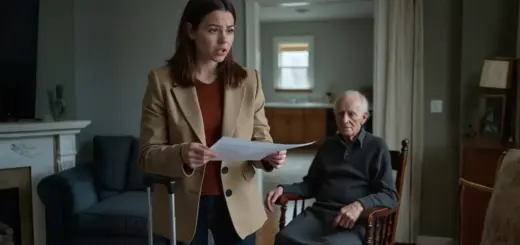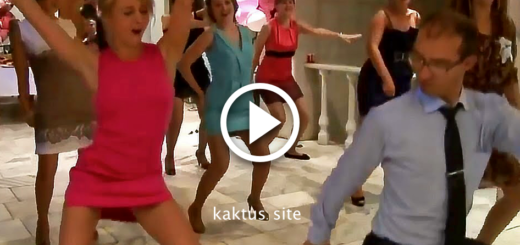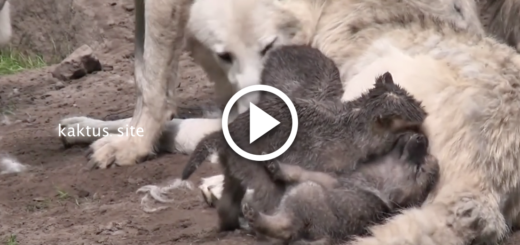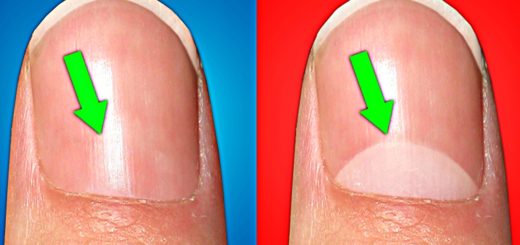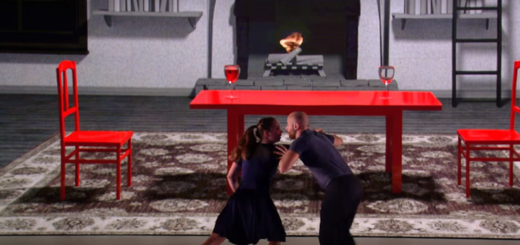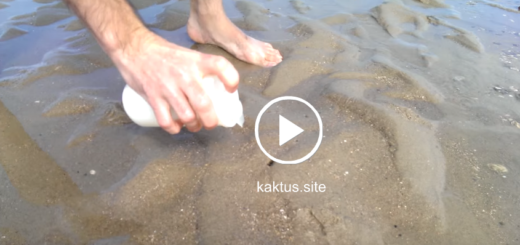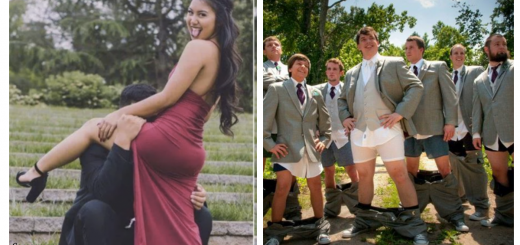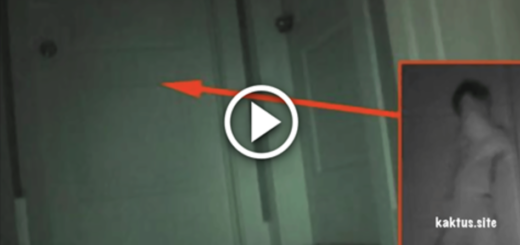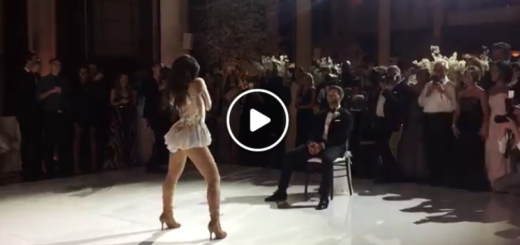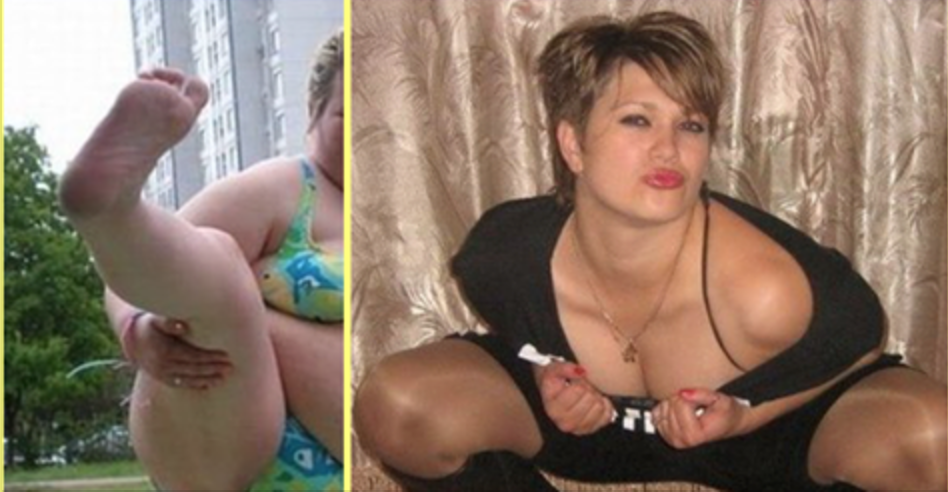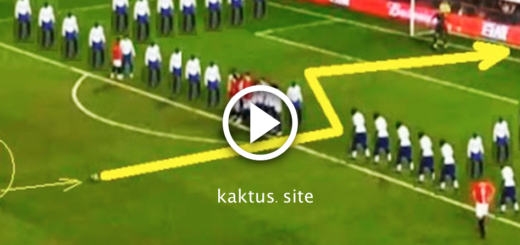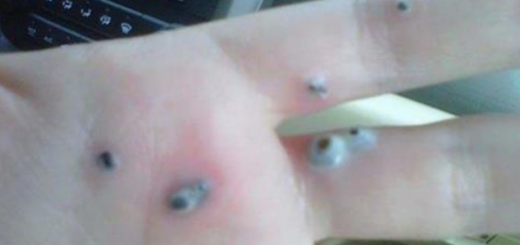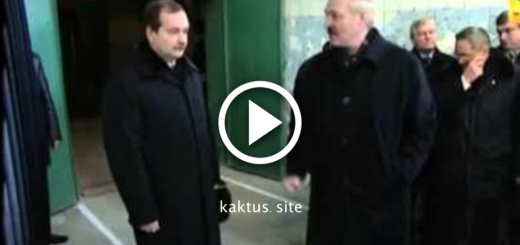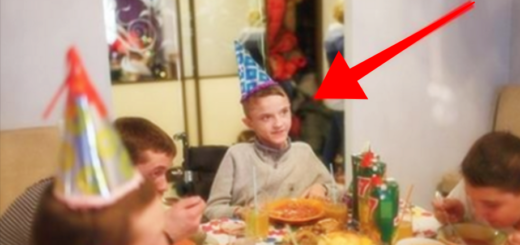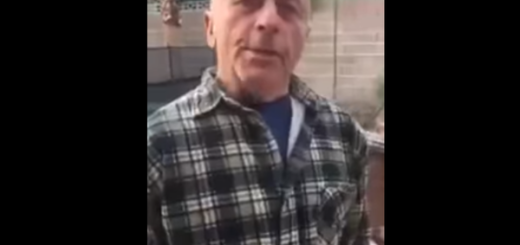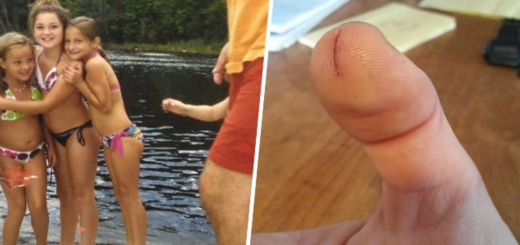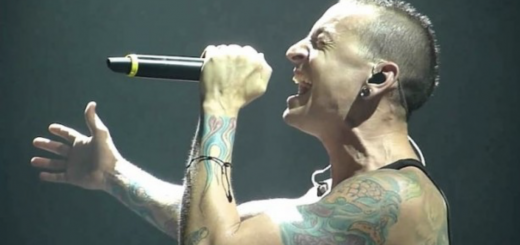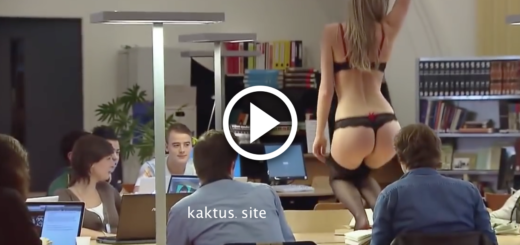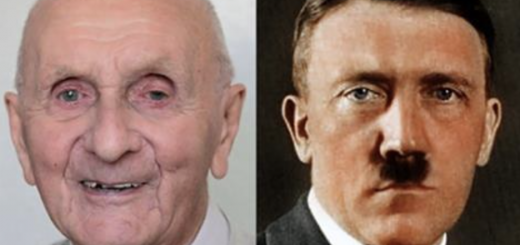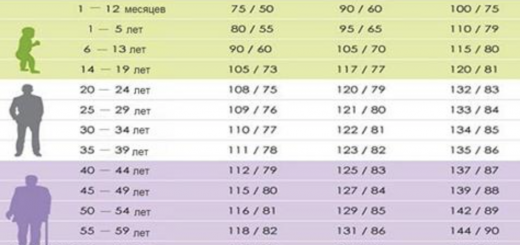I spent the next few days in a public library, far from their eyes, going through every video one by one. I matched dates, timestamps, and conversations until I found what I feared most: a recording of my son in his room, talking to his grandmother. She said, word for word, «Soon your mommy’s gonna leave, and the house will be yours.»
My blood ran cold. They were using my son against me, turning his childhood into a weapon. That was when pain turned into steel, and humiliation became fuel. They wanted me out of that house, maybe declared unfit, maybe even accused of parental alienation.
But I wouldn’t wait to be defeated. If they wanted to destroy my image, I’d show the truth—their truth. The next day, I visited a law firm that specialized in surveillance and emotional abuse. This wasn’t just a betrayal; it was a legitimate case of privacy violation, and I was going to press charges, one by one, with no warning.
I filed the first documents with the help of a lawyer who, after watching the videos, just said, «They dug their own grave.» We started the legal process in secret. I requested a forensic review of the footage, filed for a protection order to keep my son from being used against me, and authorized an investigation into all hidden cameras.
The most ironic part? Those videos would be used, but to incriminate them. Something was still missing, though: exposure. I needed to rip off every mask, and for that, I needed the perfect setting—a place where everyone would be present, where no one could escape the truth. That’s how I decided to throw a birthday dinner for myself. Only this time, the gift would be for them: a box with a screen and everything they stole from me.
But before that, something happened that almost ruined everything. A note left inside my son’s backpack completely shifted the course of my plan. I found the folded note between his notebooks. It was handwritten in cursive, unsigned, and simply read, «You need to leave. They’re going to use the boy.»
My whole body froze. This wasn’t speculation; it was a direct warning. Someone on the inside knew more than they were letting on, and the only thing keeping me there now was my need for justice. I held the note for minutes, shaking, as I started replaying every conversation and recent behavior.
I remembered something my mother-in-law said days earlier: «Danny’s been so quiet, like he knows something he shouldn’t.» At the time, I thought it was just another jab, but now it made sense. They were trying to turn my son against me as if I were a problem to be removed, as if I were disposable.
Walking to his room, my heart felt like it would burst out of my chest. I sat next to his bed and gently asked, «Sweetheart, has anyone been saying strange things about Mommy?» He hesitated and looked at the door as if he were afraid someone might hear. Then he whispered, «Grandma said you want to take me away and never come back.»
My breath caught. This was worse than I imagined. I told him none of that was true, that I would never hurt him, and that no one had the right to lie like that. But I saw the fear and the doubt in his eyes. They were succeeding, slowly erasing me from his memory, using childhood’s fragility as a weapon. And that, I would never forgive.
What started as a silent revenge now had a new purpose: protect my son. The next day, I made a drastic decision. I took the note to my lawyer and asked her to include an emergency clause requesting the court to temporarily suspend my mother-in-law’s contact with the boy based on signs of emotional manipulation.
«If the judge approves, you’ll have more freedom to act,» she said. And that’s what I did. I waited in silence as the court reviewed the request. At home, the tension grew. My husband seemed on edge, coming home early and rummaging through drawers when he thought I wasn’t looking.
One night, I saw his reflection in the window as he tried to access my computer. He knew something was coming but had no clue it was already underway. I was playing their game, but with my own rules, and they didn’t suspect a thing. On Friday, I received the court order: my mother-in-law’s contact with my son was suspended indefinitely.
I smiled in silence, not out of spite, but out of relief. For the first time, I was protecting what I loved most. No matter how much they lied, manipulated, or betrayed me, I was going to fight, and I would win. A part of me was reborn that day, and with it, a coldness I didn’t know I had.
The next night, my mother-in-law showed up at my door, screaming from the sidewalk like a lunatic. «What did you do, you ungrateful brat?» My son heard her and ran to the backyard. I simply closed the door. I knew her desperation was only the beginning, but what she’d do next caught me completely off guard and, for a moment, almost made me question my own sanity.
The next morning, I found my car scratched all over. Words like «crazy,» «monster,» and «bad mom» were painted on the doors in white paint. My son saw it before I did. He stood frozen on the sidewalk, staring at the slurs as if trying to make sense of them. I knelt beside him and said someone really sad must have done that, but inside, I was boiling.
I knew exactly who it was—just another cheap shot to shake me. I called the police and filed a report. They took photos and asked questions but made it clear that without outdoor cameras on the street, it would be hard to prove. I stayed quiet. I knew she was counting on that, on impunity.
But what my mother-in-law didn’t know was that I had installed a micro-camera pointing straight at the garage entrance. That night, she herself, wearing a black coat, left her signature on my gate. My lawyer watched the footage and said just one sentence: «Now we’ve got everything.» We attached the video to the case, requesting a restraining order to keep her away from me and the house.
It was my first real legal win, but emotionally, I was drained. My son cried at night, asking if grandma hated him. I said no. I lied to protect a little heart that didn’t yet understand betrayal.
On Sunday, during lunch, my husband slammed his utensils down and said, «You’re tearing my family apart.» I didn’t look up, just kept eating. Inside, I felt a knot. He was showing whose side he was on, and it wasn’t mine. But I already knew; his silence in the face of abuse had always been too loud.
Now he was bothered because, for once, I wasn’t passive anymore. That same afternoon, he tried to stop me from leaving the house, saying I was turning the boy against his grandma and that it could be considered alienation. I almost laughed. He, who allowed me to be filmed in secret, was now concerned about our son’s emotional well-being.
I showed him the court order, the restraining measure. He ripped it to shreds, but I had copies and witnesses. The final straw came that night. I found my son crying in the bathroom, saying his dad told him, «Mommy might be taken away if she doesn’t get better soon.» I sat on the floor and held him for hours.
That was it. They were even using the fear of abandonment as a weapon. I couldn’t wait any longer. The truth had to come out, not just in court, but in front of everyone. It was time to turn on the lights in that darkness.
I went back to the birthday dinner plan and resent the invitations to the whole family, telling them I wanted a moment of reconciliation. Everyone confirmed—hypocrites, smiling in texts and calls while they were about to swallow their own poison. I rented a quiet venue, set up a projector, and prepared the videos. Every single one, with no edits, no cuts, no manipulation.
During the week of the dinner, my husband started acting strange, glued to his phone and whispering into calls. One evening, I found a paper in his jacket pocket. It was a quote from a lawyer specializing in full custody battles. He was going to try to take my son.
But before he could make a move, something unexpected happened. His sister asked to meet with me, alone. I agreed to meet her at a quiet cafe downtown. She was the only one in that family who never got involved in anything—neutral, almost absent. But that day, her face was serious.
She sat across from me, took a deep breath, and said, «Dakota, I can’t keep this in anymore.» I said nothing. She was trembling, and with guilt in her eyes, she went on. «They’ve been planning this since last year. The cameras, the videos, everything.» My body turned cold.
She reached into her purse and pulled out a folded sheet of paper, a printed email. I recognized the sender immediately: my mother-in-law. The message was a foreword titled, «Plan for if Dakota snaps.» Attached were instructions for installing hidden cameras and suggested phrases to be used to provoke me, like, «You’re not okay,» «Forgetting things again?» and «Do you need help?»



